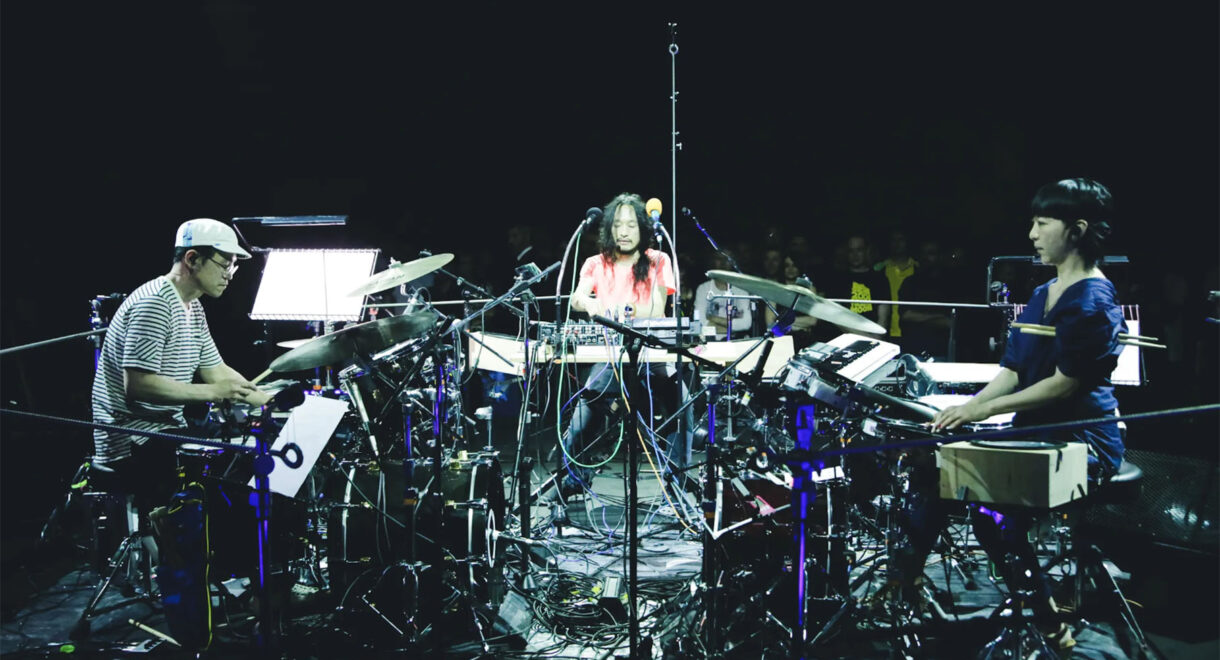The Boredoms: From the Punk Underground of Osaka to a Spectacular Symphony of Chaos
 Authentic Innovation in Music
Authentic Innovation in Music
The Japanese music scene is characterized by a substantial number of artists seeking genuinely original or even experimental sounds. Starting from mixing genres previously considered unmixable (take, for example, death/trash metal combined with the kawaii aesthetic and the singing of teenage girls, as in bands like Baby Metal) to artists so avant-garde that their work refuses to be pigeonholed into any genre, even those mixed like never before. It would be difficult to even outline such abundance and diversity in a single article, but today I will allow myself to present one band that, in my opinion, stands out above other, also original, creators with their achievements and, let's face it – spectacular show.
When we talk about The Boredoms, we speak of a band that participated in defining the boundaries of experimental music. This eclectic group from Osaka, which grew out of the punk underground of the 80s, transformed into an icon of avant-garde noise, creating sounds previously unheard anywhere. The history of The Boredoms is a story about a group of musicians who were not afraid to experiment and break the taboos of all musical rules, creating something completely new and fresh.
Founded in 1986, The Boredoms started as a band that could easily have been pigeonholed as just another punk band. However, their unrestrained desire to experiment quickly led them beyond the confines of conventional punk. Their music became a symphony of chaos, where, upon closer listening, each sound seemed to be exactly where it should be, even if at first glance the whole seemed to be a chaos devoid of any logic. Their originality and courage in exploring new genres made them known worldwide, transforming local Japanese rhythmic experiments into a global phenomenon.
Origins of the Band
 Where did the name "Boredoms" (ボアダムス) come from?
Where did the name "Boredoms" (ボアダムス) come from?
The history of the name "Boredoms" is as colorful and unconventional as the band itself. Emerging from the noisy, energetic streets of Osaka, the band's name draws inspiration from the song "Boredom" by the British punk band Buzzcocks. The choice of this name was not accidental – it represented a kind of artistic manifesto, reflecting both a sense of alienation and boredom, as well as a desire to express oneself in a way that transcends the standard boundaries of music. "Boredoms" literally means "boredom," but in the context of the band, it became a synonym for artistic freedom and rejection of conventions.
 From the Punk Underground of Osaka to the Global Stage
From the Punk Underground of Osaka to the Global Stage
Founded in 1986 by Yamantaka Eye, who previously gained fame as the frontman of the controversial group Hanatarash, Boredoms was born from the ferment of the punk scene in Osaka. This scene was vibrant, raw, and full of innovative energy, and Boredoms quickly became an integral part of it. The beginnings of the band were characterized by a chaotic style and wild expression. Their music was a mix of noisy punk and no wave, saturated with aggressive energy and improvised sounds.
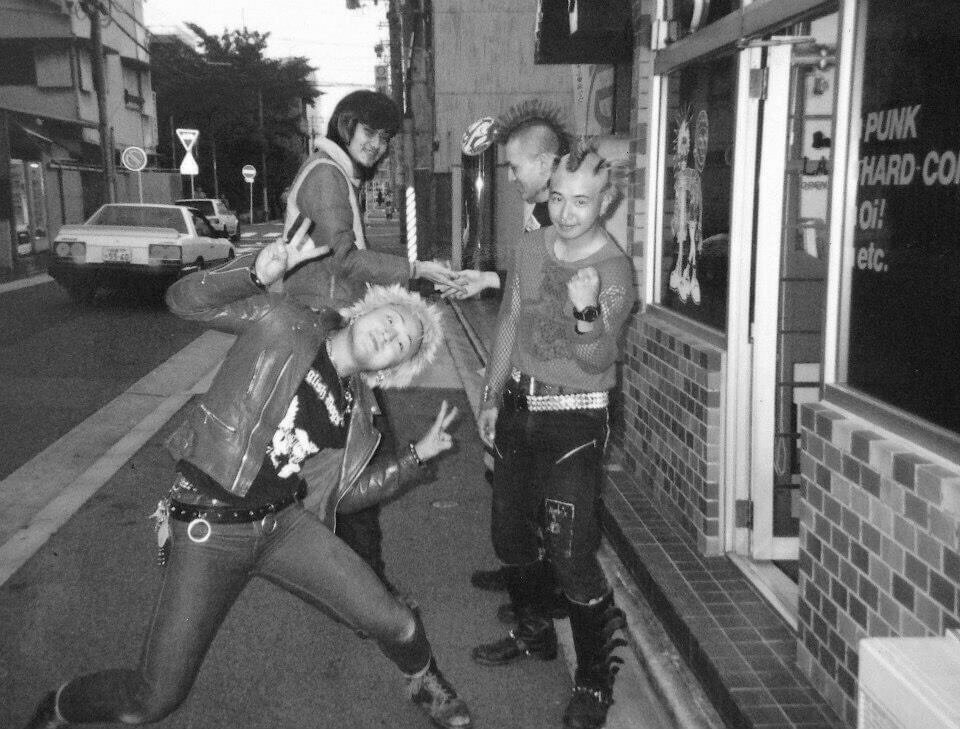
 Band Members
Band Members
Yamantaka Eye – Visionary and Experimentalist
Yamantaka Eye, also known as eYe, is the founder and undisputed driving force of The Boredoms. Before creating Boredoms, Eye gained fame as the leader of the Hanatarash group, known for its specific live performances. In Boredoms, Eye became known for his experimental approach to creating music, using non-traditional techniques and instruments, often leading to hypnotic, non-linear compositions. His vocals are characterized by a wide range from bizarre screams to subtle melodies.
 Yoshimi P-We – Drums and Vocals
Yoshimi P-We – Drums and Vocals
Yoshimi P-We (Yoshimi Yokota) joined Boredoms as a drummer and vocalist, becoming one of the most recognizable members of the band. She previously collaborated with Eye on the UFO or Die project. Yoshimi brought her drumming skills to the band, which often define the rhythmic foundations of their music. She is also known for her delicate and experimental vocal parts, which add a unique texture to the sound of Boredoms.
 Other Members
Other Members
-
Hira: One of the original bassists of the band, contributing to the creation of Boredoms' early, rawer sound.
-
Seiichi Yamamoto: Joined the band as a guitarist, introducing elements of noise rock and psychedelia.
-
Kazuya Nishimura, known as Atari, responsible for percussion and electronic effects, bringing modern and experimental elements to the band's music.
-
Shinji Masuko: Joined the band later as a guitarist and keyboardist, adding new layers and depth to their evolving style.
Each member of Boredoms brought their individuality and creativity to the band, allowing for continuous development and exploration of new musical territories. Their collaboration led to the creation of a unique and distinctive sound that defined Boredoms as one of the most innovative bands in the history of experimental music.
A Brief History of The Boredoms
 Beginnings
Beginnings
The Boredoms were founded in 1986 in Osaka by Yamantaka Eye. The early years of Boredoms were characterized by a noisy, punk sound and chaotic concerts that quickly attracted attention in the Japanese music environment. The group, with Eye as the frontman, began experimenting with various genres, incorporating elements of noise rock and no wave into their music. At this time, Yoshimi P-We as a drummer and Seiichi Yamamoto as a guitarist joined the band.
Style Development and First Albums
In 1988, Boredoms released their first album "Osorezan no Stooges Kyo," revealing their fondness for sound experiments. Their early recordings were full of raw energy and unconventional compositions. In 1992, the band signed a contract with Warner Bros. Records in Japan and Reprise Records in the USA, which enabled the release of the album "Pop Tatari" in 1993. This album, with its surreal sound and unconventional structure, gained recognition from both critics and fans.
 International Fame and Further Experiments
International Fame and Further Experiments
The '90s brought the band international fame. In 1994, Boredoms performed on the main stage of the Lollapalooza Tour, gaining a wider audience in the United States. During this period, their style evolved, becoming more experimental and psychedelic, reflected in albums such as "Super æ" (1998) and "Vision Creation Newsun" (1999). These albums featured cosmic and hypnotic sounds, combining influences from krautrock with traditional Japanese music.
New Millennium and Continued Evolution
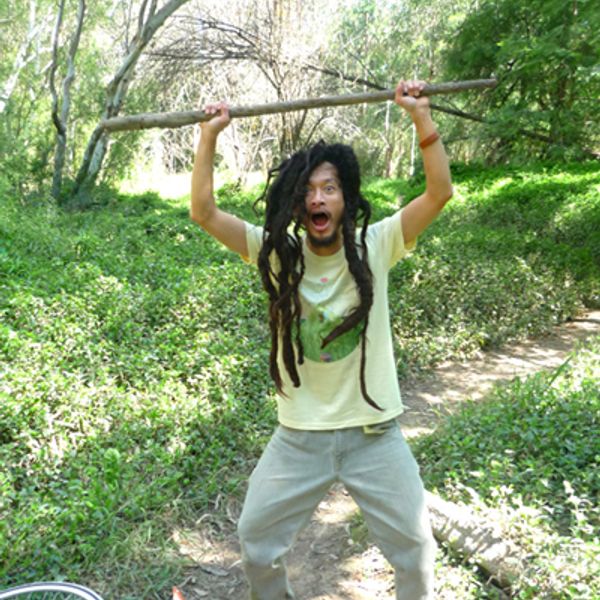
End of Activity
Although Boredoms never formally announced the end of their activities, their activity significantly decreased after 2010. The last years were a period in which the band members focused on various solo projects. Despite the reduction in activity, the legacy of Boredoms as one of the most innovative and experimental bands remains alive. Their impact on experimental music, noise rock, and avant-garde is difficult to overestimate, and their work continues to inspire new generations of musicians and artists.
Memorable Concerts – The Boredoms' Specialty
77 Boadrum (July 7, 2007, Empire-Fulton Ferry State Park, Brooklyn, New York)
One of the most spectacular and memorable concerts in the history of The Boredoms, "77 Boadrum," took place on July 7, 2007. This event gathered 77 drummers playing in synchronization under the direction of Yamantaka Eye. The concert was not only an impressive visual and auditory feat but also a showcase of precise coordination and harmony. Taking place in the picturesque setting of the Brooklyn Bridge, this event attracted thousands of spectators and became a pivotal moment in the band's history, underscoring their innovation and influence on the music scene.
 88 Boadrum (August 8, 2008, La Brea Tar Pits, Los Angeles, California)
88 Boadrum (August 8, 2008, La Brea Tar Pits, Los Angeles, California)
A year after the success of "77 Boadrum," The Boredoms organized another unique concert - "88 Boadrum," held on August 8, 2008, at La Brea Tar Pits in Los Angeles. This time, the event brought together 88 drummers, an even more ambitious undertaking than the previous year. Like "77 Boadrum," this concert was a fusion of artistic vision, impressive organization, and masterful performance. "88 Boadrum" not only strengthened The Boredoms' reputation as pioneers of experimental music but also as creators of unique cultural events.
"Vision Creation Newsun" Release Party (1999, Tokyo, Japan)
The concert for the release of the album "Vision Creation Newsun" in 1999 in Tokyo was a unique experience, combining music with a visual spectacle. The Boredoms, known for their ability to create mesmerizing soundscapes, presented material from the new album in a way that surprised even their most loyal fans. The use of unusual instruments, visual effects, and expressive choreography made this concert one of the most memorable moments in their career.
Live at Sunflancisco (2007, San Francisco, California)
The Boredoms' "Live at Sunflancisco" concert in 2007 in San Francisco was a true testament to their innovative approach to live music. The central point of this event was advanced sound technology, including the use of custom instruments like "Sevena" – a seven-neck guitar constructed by Yamantaka Eye, and complex sound manipulation devices. The band also implemented unique visual solutions, including dynamic lighting and projections synchronized with the music, creating mesmerizing visual impressions. Additionally, the artists used various sound effects, including loops and echo, to create a rich, multi-layered soundscape. The entire experience was not just a display of The Boredoms' musical skills but also their ability to create deep, multi-dimensional artistic experiences that transcended the boundaries of traditional concerts.
Soundtrack for Koroshiya-1
The Boredoms' unique and experimental music found its place in various media, especially in cinema. One of the most significant examples is Takashi Miike's film "Ichi the Killer" (2001), a cult classic in Japanese cinema. In this brutal and quite shocking film, The Boredoms' chaotic and intense music perfectly complemented the tense atmosphere and surreal narrative. Their tracks used in the film helped to enhance its dreamlike and disturbing character, making them an integral part of the film's visual and auditory identity.
Boredoms: Still Playing in Our Heads
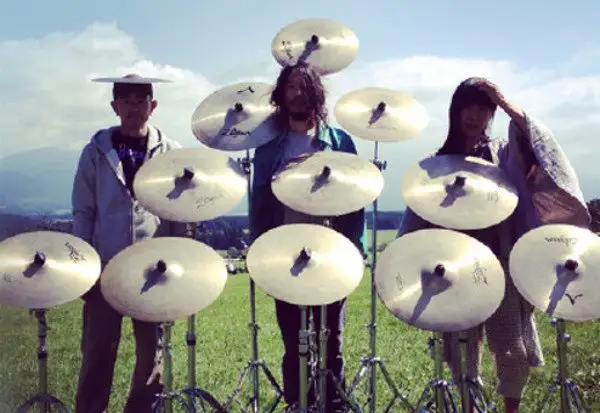

>>SEE ALSO SIMILAR ARTICLES:
Bloody 'Ichi the Killer' - Japanese Cinema in its Most Extreme Form
Harajuku Street Styles: Boundless Creativity
Overview of Nico Nico Douga's Domestic Scene - What Drives the Japanese?
Akihabara - The Insane Epicenter of Otaku, Retro Gaming, and Just Plain Weirdness
"Strong Japanese Women"
see book by the author
of the page
未開 ソビエライ
An enthusiast of Asian culture with a deep appreciation for the diverse philosophies of the world. By education, a psychologist and philologist specializing in Korean studies. At heart, a programmer (primarily for Android) and a passionate technology enthusiast, as well as a practitioner of Zen and mono no aware. In moments of tranquility, adheres to a disciplined lifestyle, firmly believing that perseverance, continuous personal growth, and dedication to one's passions are the wisest paths in life. Author of the book "Strong Women of Japan" (>>see more)
Personal motto:
"The most powerful force in the universe is compound interest." - Albert Einstein (probably)
Mike Soray
(aka Michał Sobieraj)
未開 ソビエライ
An enthusiast of Asian culture with a deep appreciation for the diverse philosophies of the world. By education, a psychologist and philologist specializing in Korean studies. At heart, a programmer (primarily for Android) and a passionate technology enthusiast, as well as a practitioner of Zen and mono no aware. In moments of tranquility, adheres to a disciplined lifestyle, firmly believing that perseverance, continuous personal growth, and dedication to one's passions are the wisest paths in life. Author of the book "Strong Women of Japan" (>>see more)
Personal motto:
"The most powerful force in the universe is compound interest." - Albert Einstein (probably)
Mike Soray
(aka Michał Sobieraj)
Write us...
Ciechanów, Polska
dr.imyon@gmail.com
___________________
inari.smart
Would you like to share your thoughts or feedback about our website or app? Leave us a message, and we’ll get back to you quickly. We value your perspective!
 Authentic Innovation in Music
Authentic Innovation in Music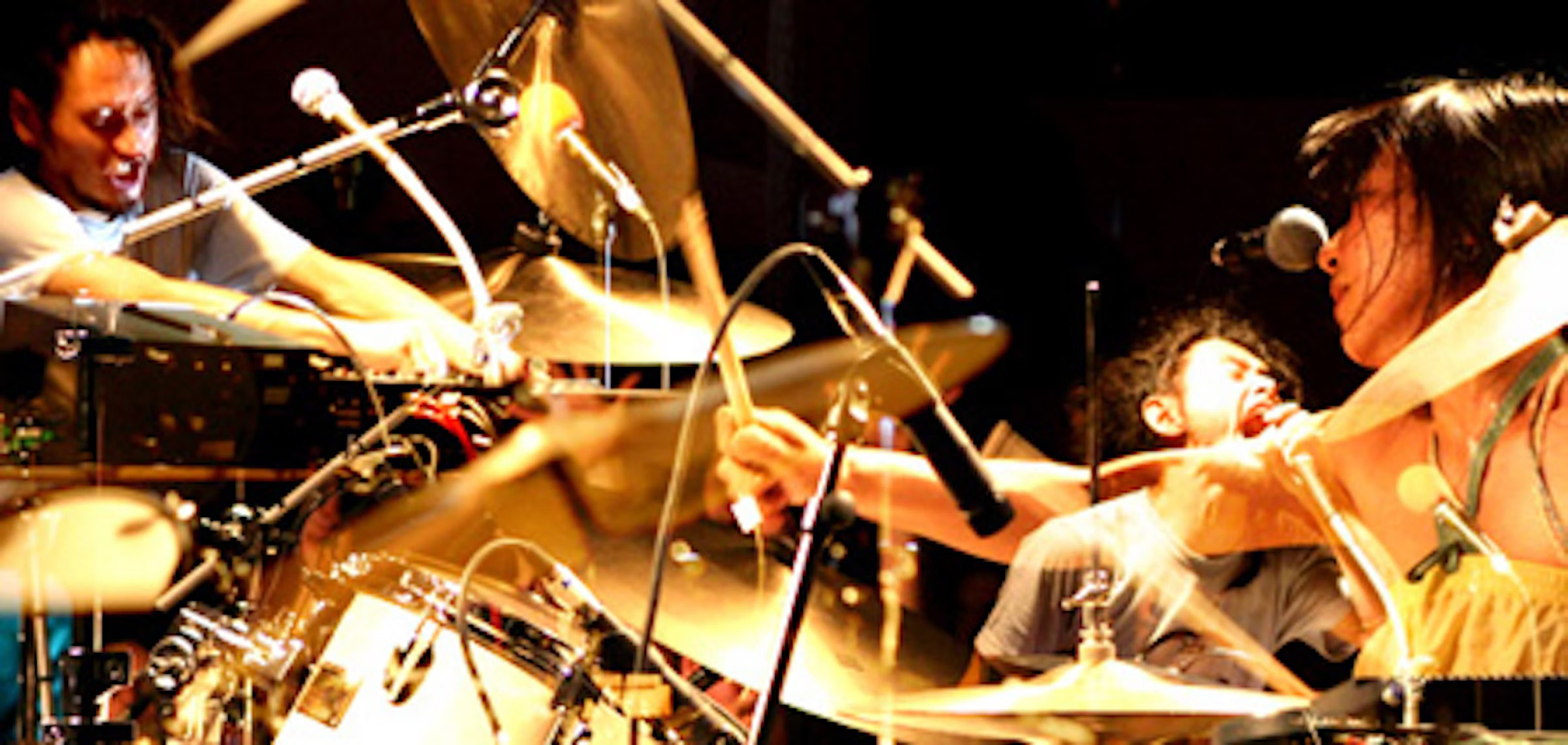
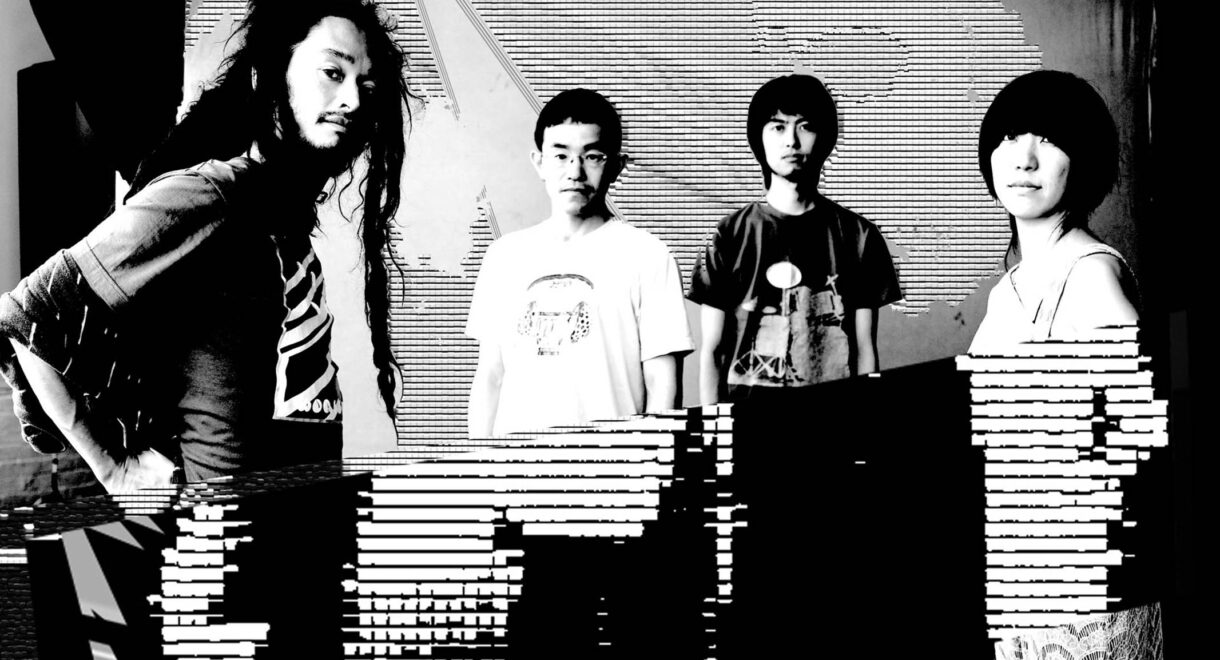
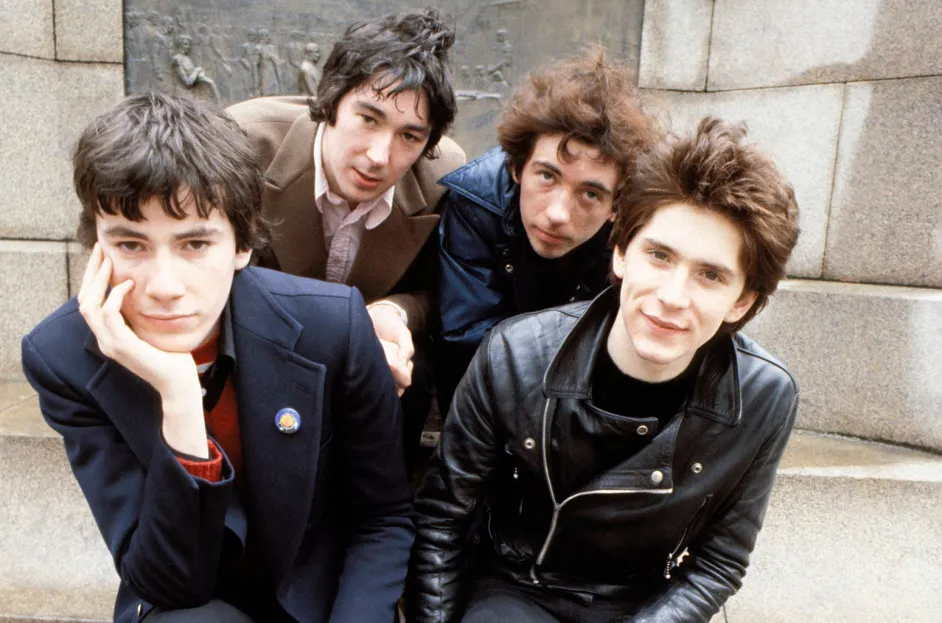 Where did the name "Boredoms" (ボアダムス) come from?
Where did the name "Boredoms" (ボアダムス) come from?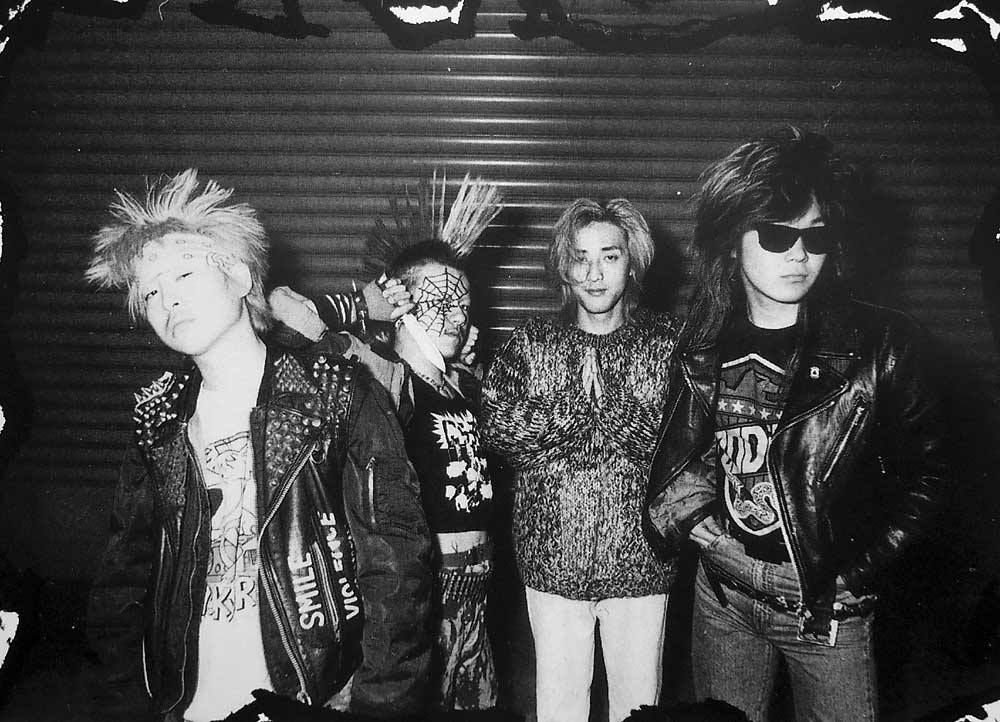 From the Punk Underground of Osaka to the Global Stage
From the Punk Underground of Osaka to the Global Stage Band Members
Band Members
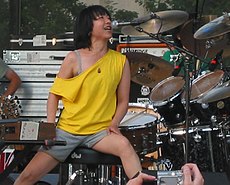 Yoshimi P-We – Drums and Vocals
Yoshimi P-We – Drums and Vocals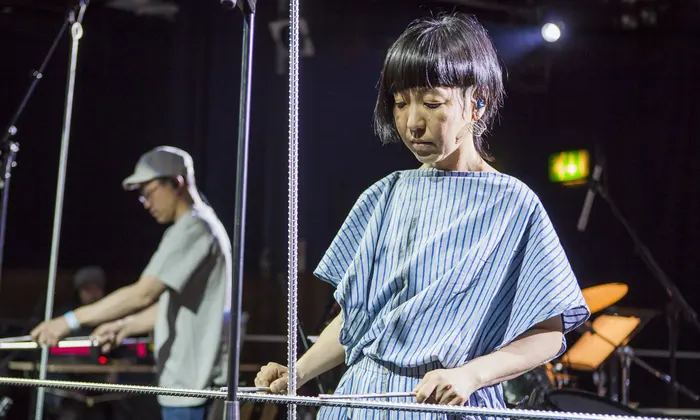
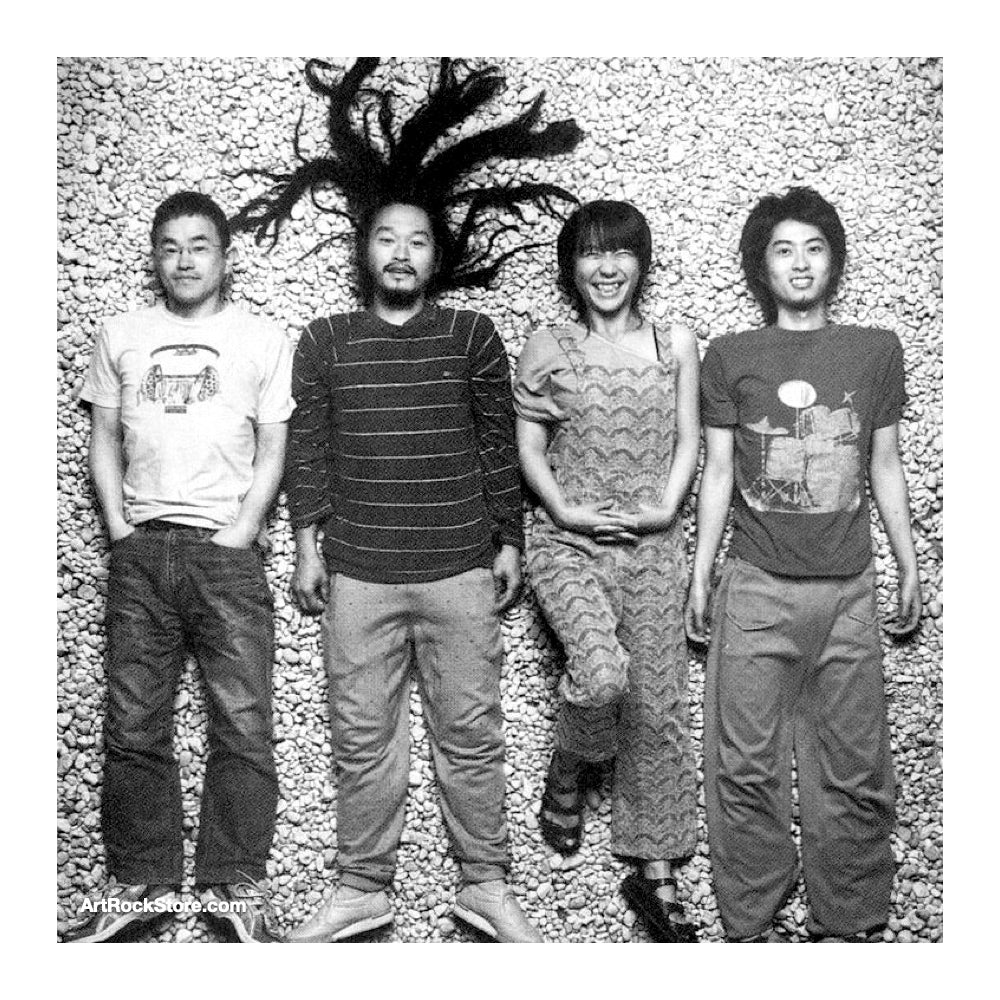 Other Members
Other Members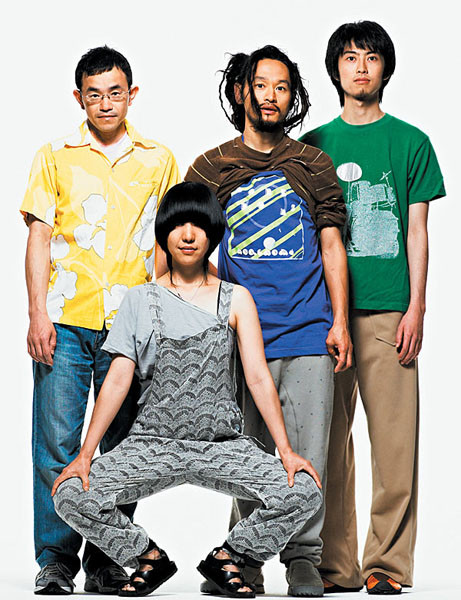 Beginnings
Beginnings International Fame and Further Experiments
International Fame and Further Experiments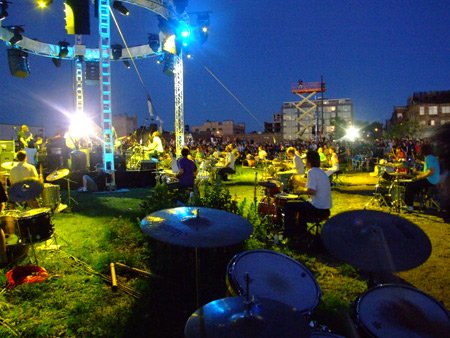 88 Boadrum (August 8, 2008, La Brea Tar Pits, Los Angeles, California)
88 Boadrum (August 8, 2008, La Brea Tar Pits, Los Angeles, California)